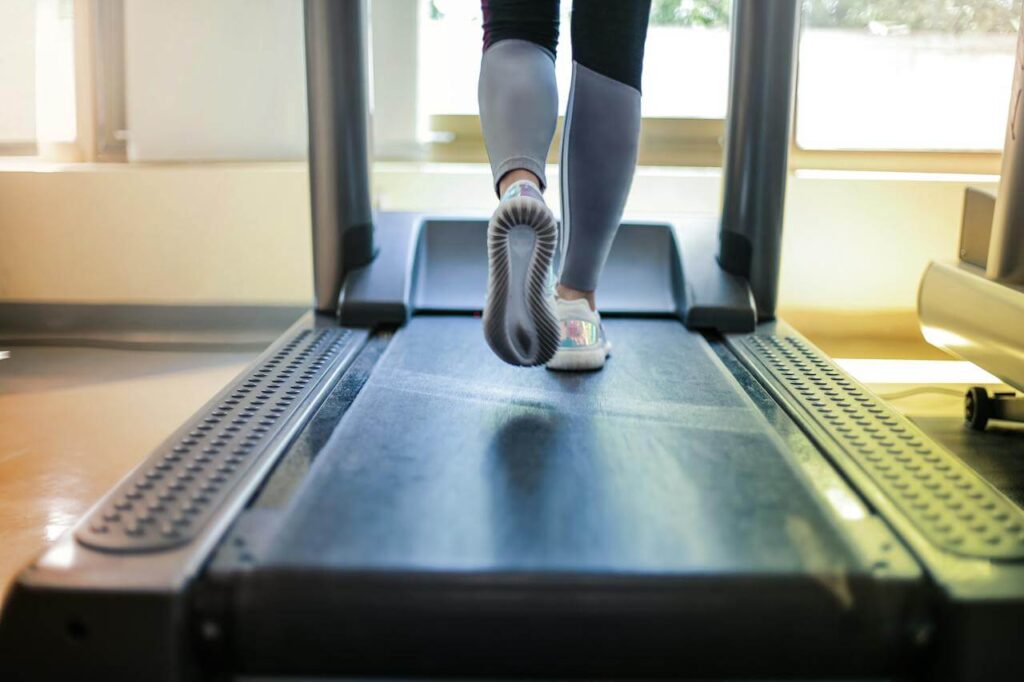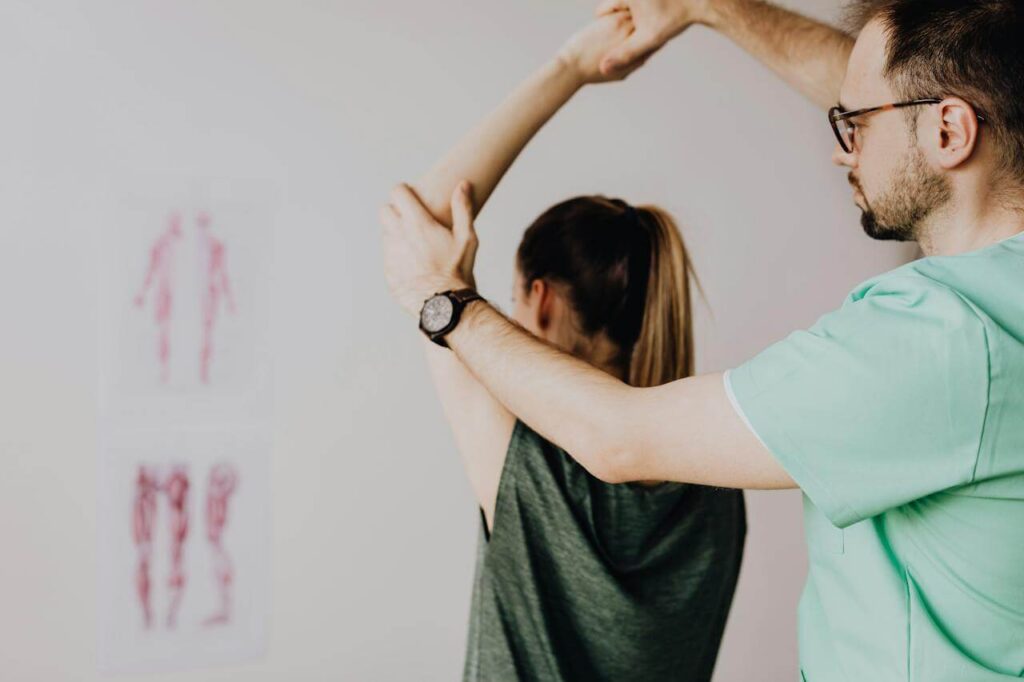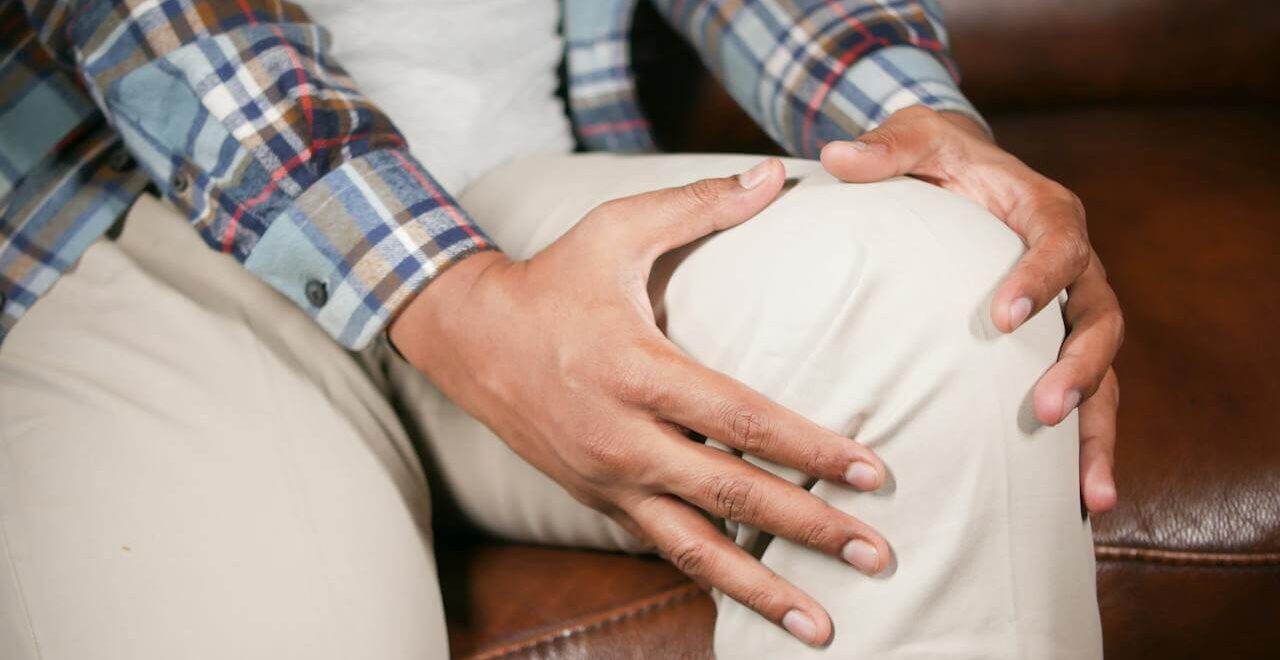Do your joints suddenly ache when the weather turns cold? You’re not imagining things. For many people, cold weather and joint pain go hand in hand. This can make winter brutal if you suffer from arthritis, fibromyalgia, or any type of chronic joint pain.
So if you’ve ever wondered, “Why do my joints hurt when it’s cold out?” – we’re here to clear up the confusion. Read on to learn why joint pain due to cold weather happens and what you can do to find relief.
Joint Pain & Cold Weather: What’s the Connection?
So why do your joints hurt when it’s cold outside? Well, the truth is, the research is unclear – so it’s difficult to say. But there are several theories:
Thicker synovial fluid
When it’s cold out, your synovial fluid – which lubricates your joints – thickens. This can make your joints stiff and decrease mobility.
Barometric pressure drops
Cold fronts can cause barometric pressure to fall. And as barometric pressure drops, your muscles, tendons, and surrounding tissues expand. This swelling can lead to joint pain.
Reduced blood flow
Cold weather constricts blood vessels in your arms and legs. The result? Decreased blood flow and circulation, which may aggravate pain.
Lack of activity
When it’s freezing out and you’re cooped up inside, it’s normal to be less active. And the more sedentary you are, the stiffer and achier your joints get.
Mood changes
In the winter, shorter days and lack of sunlight can lead to seasonal affective disorder, also known as SAD. This is a type of depression triggered by seasonal changes. If you live in Chicago, you may have experienced this firsthand.
Research shows your mood influences your perception of pain. Meaning if you’re feeling down, you may be more sensitive to joint pain.
Remedies for Cold Weather Joint Pain
If chilly weather flares up your joint pain, there are many things you can do to help. Here are six natural ways to reduce joint pain and stiffness due to cold weather:
1 – Stay warm

Try to keep warm when the weather turns chilly. If you’re headed outside, bundle up to help ease the shock of the cold. Be sure to cover any sensitive areas to reduce cold exposure. Try wearing thermal underwear to keep your hips and knees warm. Insulated gloves can help keep your wrists and fingers nice and toasty.
When indoors, cozy up with an electric blanket, hang out by the fireplace, or crank up the thermostat. Warm showers and baths can also help soothe your aching joints.
2 – Move your body

When it’s cold out and you’re hurting, exercise is about the last thing on your mind. But physical activity is one of the best things you can do for joint pain. In fact, research shows exercise can reduce pain from arthritis by about 40%.
Exercise strengthens your muscles and bones to help protect your joints. It also improves mobility, which can ease pain and stiffness. Not to mention, exercise triggers the release of endorphins, chemicals that act as natural pain relievers.
That said, try to stick to low-impact exercise that’s easy on the joints. Swim in a heated pool, walk on the treadmill, try the stationary bike, or do some light yoga or stretches.
3 – Try heat therapy
Applying heat to achy joints can help ease pain and stiffness. Try placing a heating pad on any sensitive areas to help your muscles relax.
If your joint pain is in your hands or feet, paraffin baths can also help. These devices hold paraffin wax. Simply place your hands or feet in and allow the wax to harden. As the warmth is absorbed, it may help soothe your achy joints.
4 – Eat anti-inflammatory foods

Inflammation can aggravate joint pain. So what you put on your plate matters. Eat plenty of anti-inflammatory foods like:
- Colorful fruits and vegetables, especially berries & dark leafy greens
- Omega-3 rich foods like fatty fish, nuts & seeds
- Foods high in vitamin C like citrus fruits, broccoli, bell peppers & tomatoes
You’ll also want to limit or avoid foods that trigger inflammation. This includes processed foods, fast foods, sugar, and refined grains. Instead, choose wholesome foods like fruits, veggies, legumes, whole grains, nuts, and seeds.
5 – Keep a healthy lifestyle
Dehydration, stress, and lack of sleep can all aggravate joint pain. So do your best to maintain a healthy lifestyle. Drink plenty of water to stimulate the production of synovial fluid. This will help keep your joints lubricated, which may reduce pain.
Keep stress at bay by setting aside time for daily relaxation. Read, journal, meditate, listen to relaxing music, or take a bath. And practice good sleep hygiene to help you get a restful slumber. Stick to a consistent sleep schedule and try to limit electronics an hour or two before bed.
6 – Get chiropractic care

Chiropractic care is best known for treating back pain. But it can help with joint pain too. Chiropractic treatments like spinal adjustments get the spine in proper alignment. This can improve nervous system function, which may help relieve pain.
Chiropractors also perform treatments that target joints including the the knees, hips, shoulders, wrists, and elbows. This improves mobility and function, which can help ease any joint discomfort triggered by wintry weather.
Relieve Joint Pain with Chiropractic Care in Orland Park, IL
If you live in the Chicago area and are struggling with joint pain due to cold weather, Anchored at Health is here to help.
Our chiropractor performs holistic treatments to restore mobility and function in your joints. Whether you’re dealing with joint pain from arthritis, rheumatoid arthritis, lupus, or fibromyalgia, chiropractic care can help.
So if you’re tired of suffering through the winter and are ready to find relief, follow these steps:
- Contact us with questions.
- Schedule your first chiropractic appointment with our holistic chiropractor here.
- Discover how chiropractic care can relieve your joint pain – so you can enjoy the winter months.
Other Holistic Services Offered at Anchored in Health in Orland Park, IL
At Anchored in Health, we offer a variety of services to improve your health and well-being in addition to chiropractic care. This includes acupuncture, massage therapy, functional medicine, and the Shape ReClaimed program. We even offer holistic assessments like thermography and genetic testing.
Contact us to find out how we can help you live your healthiest, happiest life!
Disclaimer: The information provided on this blog is for educational and informational purposes only and is not intended to diagnose, treat, cure, or prevent any disease. The content is not a substitute for professional medical advice, diagnosis, or treatment. Always seek the guidance of a qualified healthcare provider with any questions you may have regarding your health or a medical condition.
Reading this blog does not establish a doctor-patient relationship between you and Anchored In Health or any of its practitioners. Reliance on any information provided in this blog is solely at your own risk. For medical concerns, always consult a licensed healthcare provider.
